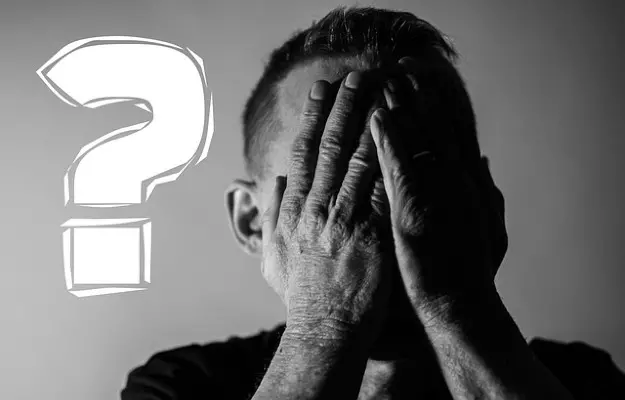COVID-19 is a new infection - it was only discovered in December 2019. As there is no vaccine for it yet, it is critical that we follow the precautions to a T. As per the World Health Organization (WHO), there are five things you can do to slow the spread of the novel coronavirus:
- Wash your hand with soap and water regularly
- Sneeze into your elbow
- Don’t touch your face
- Maintain physical distance (social distancing)
- Take appropriate action if you feel sick
The recommendation for not touching your face stems from our understanding of how viruses travel. One of the ways you can contract the coronavirus is by touching a contaminated object and then proceeding to touch your face before washing your hands. The virus would transfer from your hands to your face and can enter the body through the mucous membranes of your mouth, nose or eyes.
But it is easier said than done to stop touching your face completely. Often, it’s a completely unconscious action on our part, which means we wouldn’t even realize how often we do it. A small study, published in the Journal of Occupational and Environmental Hygiene in 2008, found that we touch our faces 15.7 times per hour. Another study, with medical students, found that they touched their faces 23 times in an hour and 44% of the time, they ended up touching a mucous membrane.
To break this habit, we have a few ideas that you could try:

















































